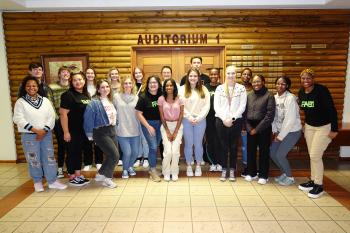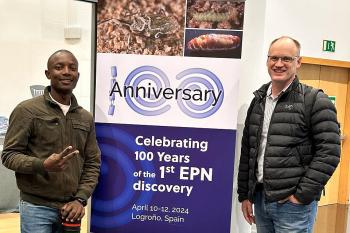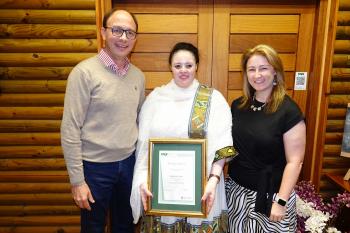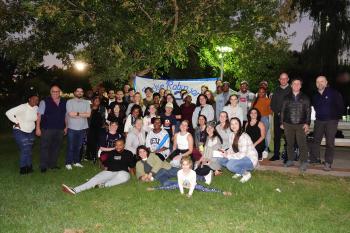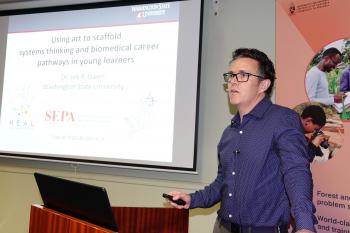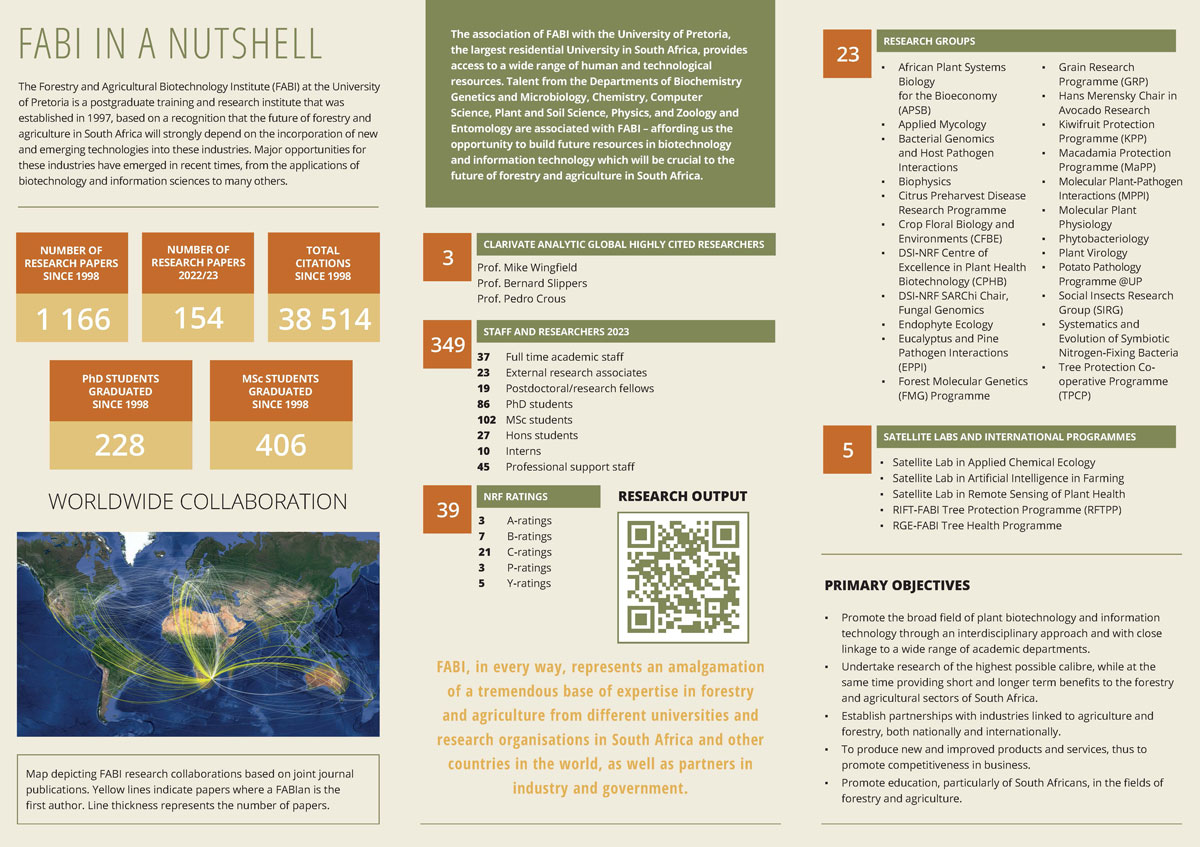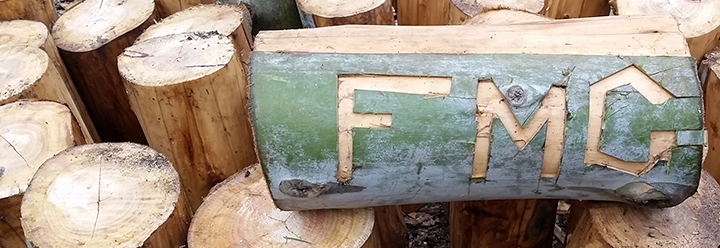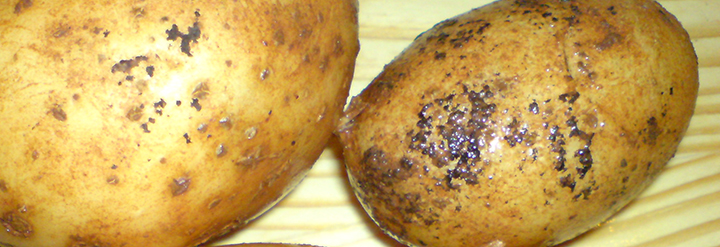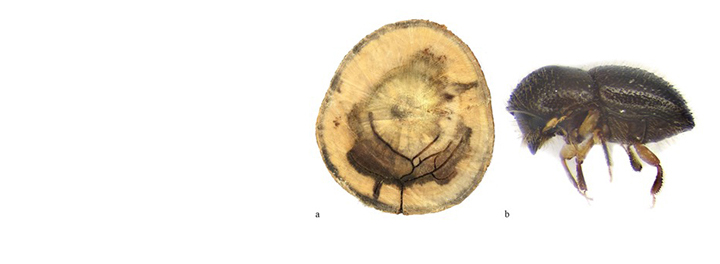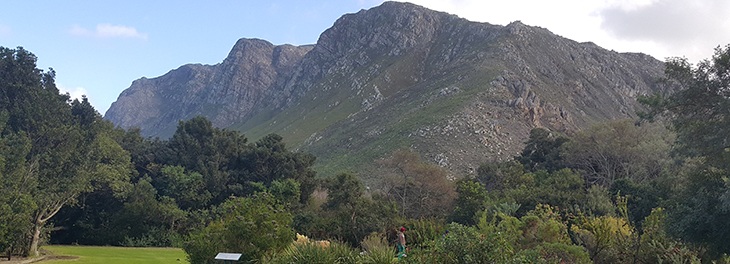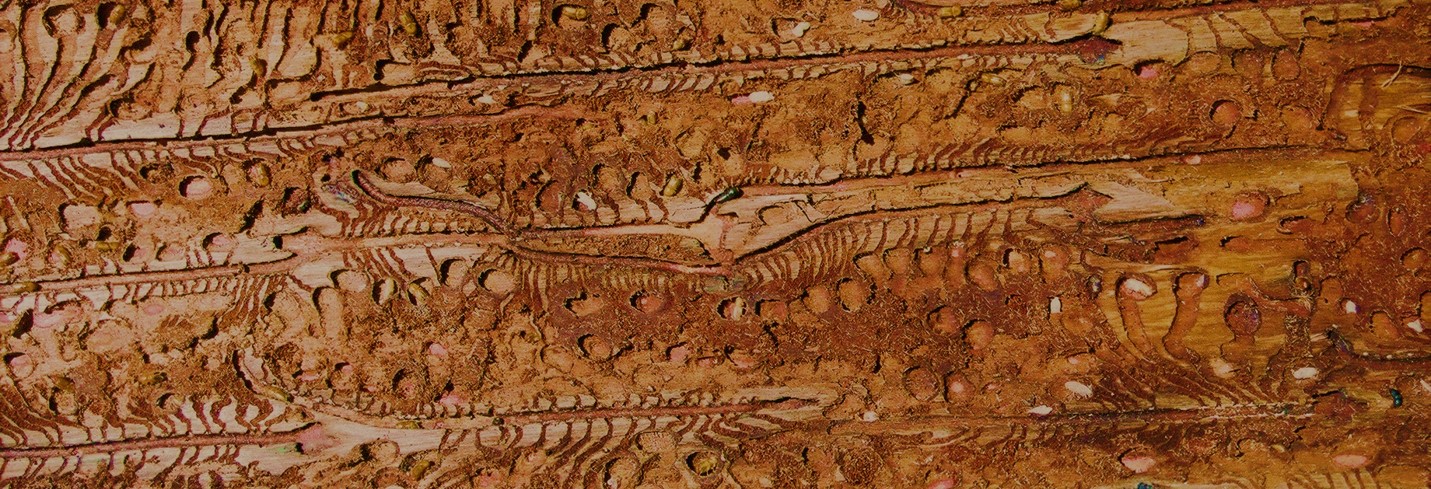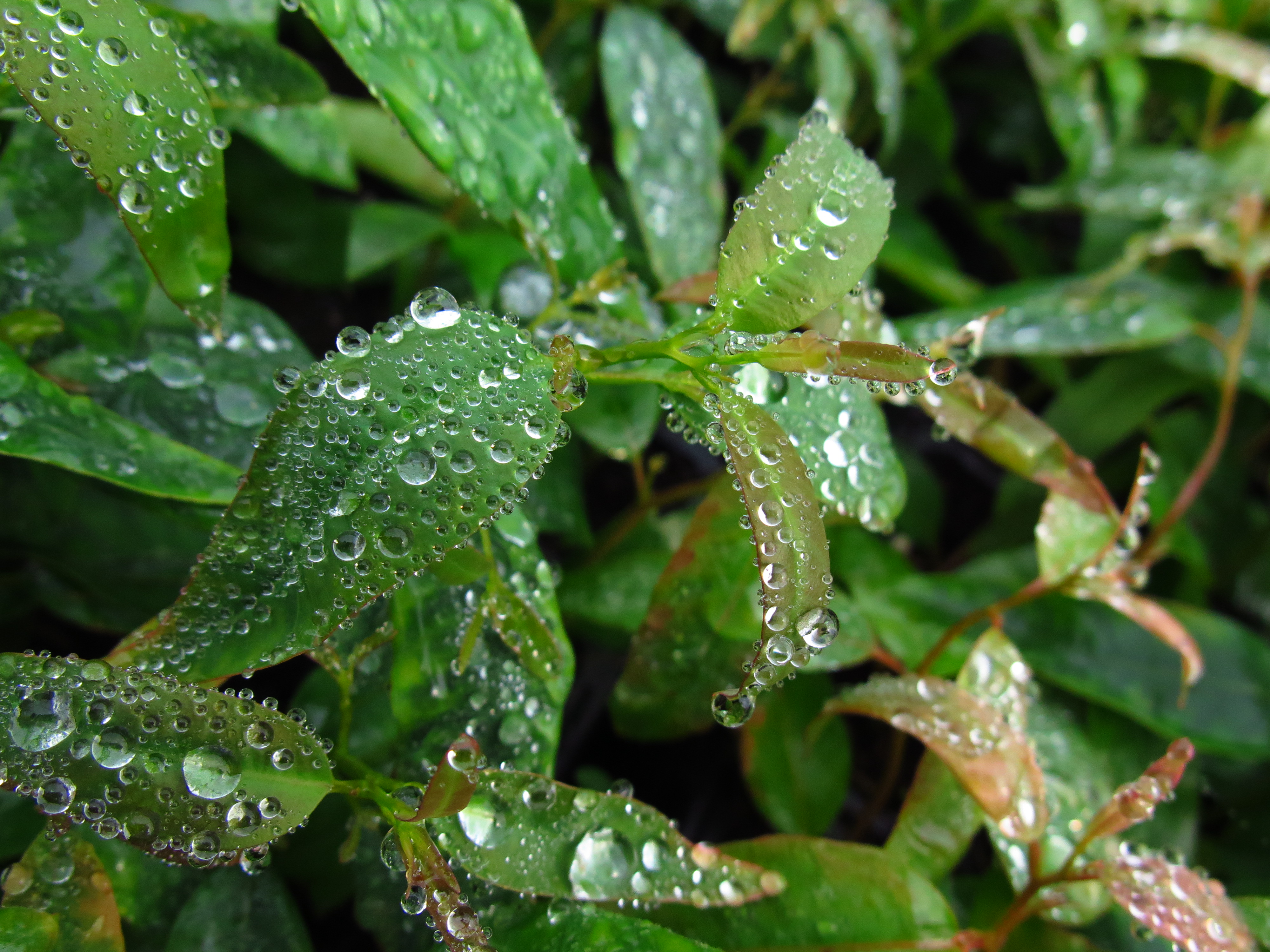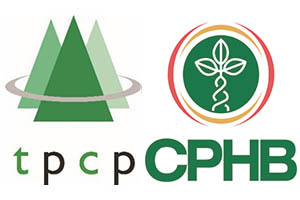The RGE-FABI Tree Health Programme (RGE-FABI THP) was established in 2018 as a collaborative venture between the Indonesian-based Royal Golden Eagle (RGE) Group and the Forestry and Agricultural Biotechnology Institute (FABI) at the University of Pretoria. This partnership addresses challenges posed by pests and diseases to RGE’s forestry operations in Indonesia and Brazil. The initiative involves FABI researchers working in partnership with RGE’s divisions: Asia Pacific Resources International Holdings Limited (APRIL) and Brazil based Bracell Limited.
The RGE-FABI Tree Health Programme (RGE-FABI THP) was established in 2018 as a collaborative venture between the Indonesian-based Royal Golden Eagle (RGE) Group and the Forestry and Agricultural Biotechnology Institute (FABI) at the University of Pretoria. This partnership addresses challenges posed by pests and diseases to RGE’s forestry operations in Indonesia and Brazil. The initiative involves FABI researchers working in partnership with RGE’s divisions: Asia Pacific Resources International Holdings Limited (APRIL) and Brazil based Bracell Limited.
Insect pests and diseases are emerging as one of the most important threats to plantation forestry globally. This situation presents significant challenges for all forestry companies. The RGE-FABI THP recognises FABI’s capacity as the largest single group of scientists working on tree health globally. The research conducted by the FABI tree health team is broad including trees in natural ecosystems and planted forests. But its core focus is on reducing the impact of insect pests and pathogens in plantations of mainly non-native trees such as species of Eucalyptus, Acacia and Pinus. And it is in this domain that RGE and FABI will collaborate.
Professor Mike Wingfield who has the responsibility of coordinating the RGE-FABI THP is passionate regarding global collaboration. In this regard, his philosophy is that collaboration between forestry companies globally is essential to resolving insect pest and pathogen problems in plantation forestry. Agents of plantation destruction are moving increasingly rapidly across continents. Consequently, knowledge of problems before they arise in new areas provides forestry companies with opportunities to plan ahead and to reduce losses. Likewise, collaboration in dealing with insect pests via biological control requires global partnerships and strategies that stretch beyond country borders. In this way the RGE-THP is valuable not only to the specific partners involved in the project but also to a broader international forestry community who must benefit from increased knowledge regarding pest problems in plantations globally.
The RGE-FABI THP is one of the most important and exciting global partnerships to focused on tree health to have emerged recently. It will closely link the significant research programmes of RGE and FABI. And it will fund postgraduate students and postdoctoral Fellows from different parts of the world to study priority disease and pest problems across international boundaries. It will place the RGE forestry divisions at the forefront of pest and disease problems affecting particularly Eucalyptus and Acacia. And in doing so, it will also expand the research opportunities, education and experiences of young researchers with an interest in tree health and global collaborative ventures.
Contact us
| Contact | Prof. Mike Wingfield |
| Telephone | +27 12 4203937 |
| Fax | +27 12 4203939 |
| This email address is being protected from spambots. You need JavaScript enabled to view it. | |
| Postal address | 74 Lunnon Street, University of Pretoria Pretoria 0002 |


